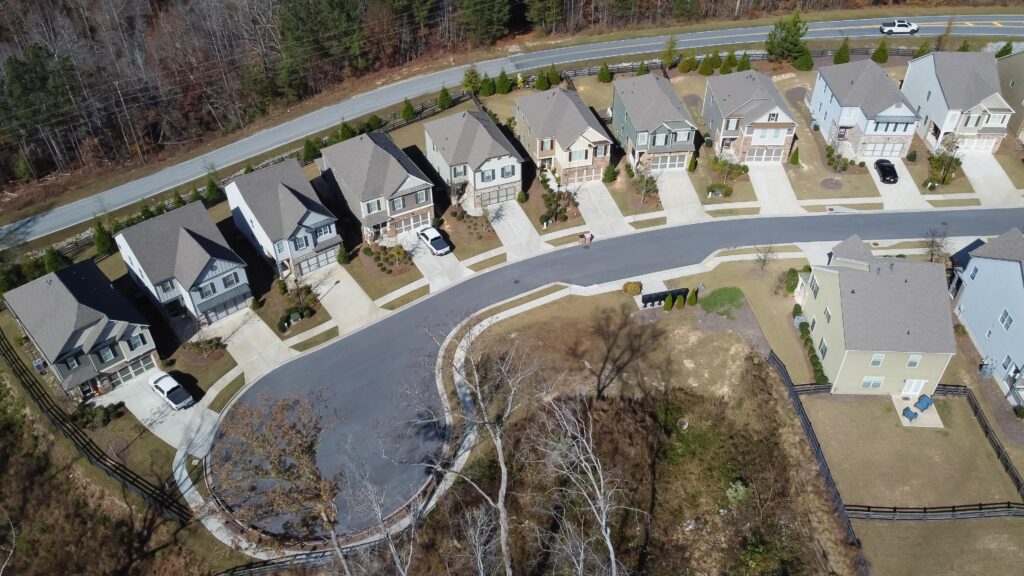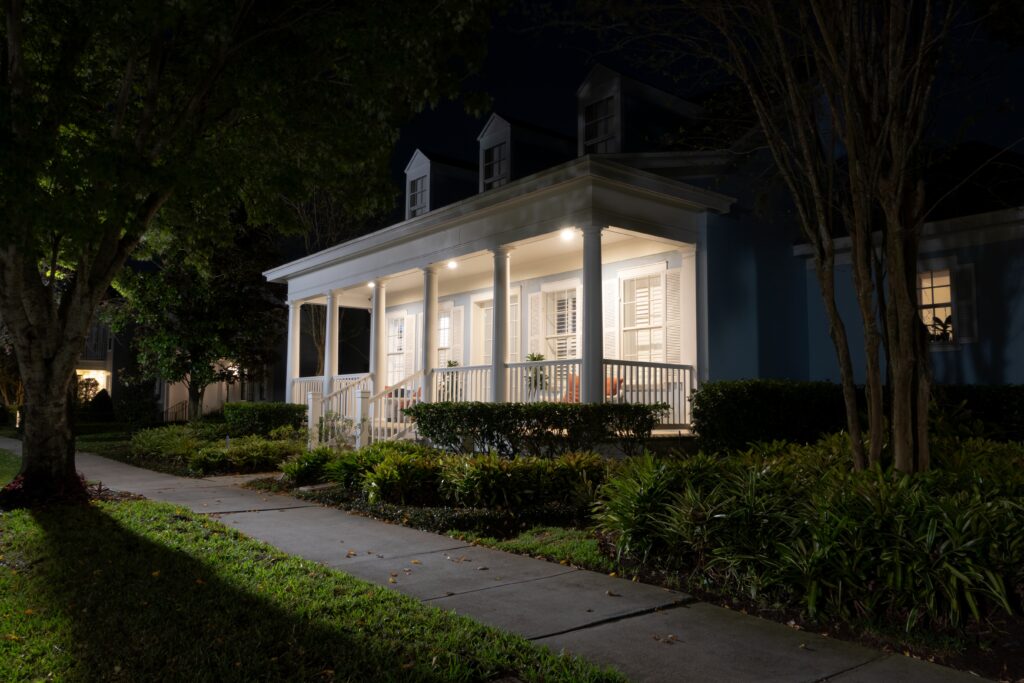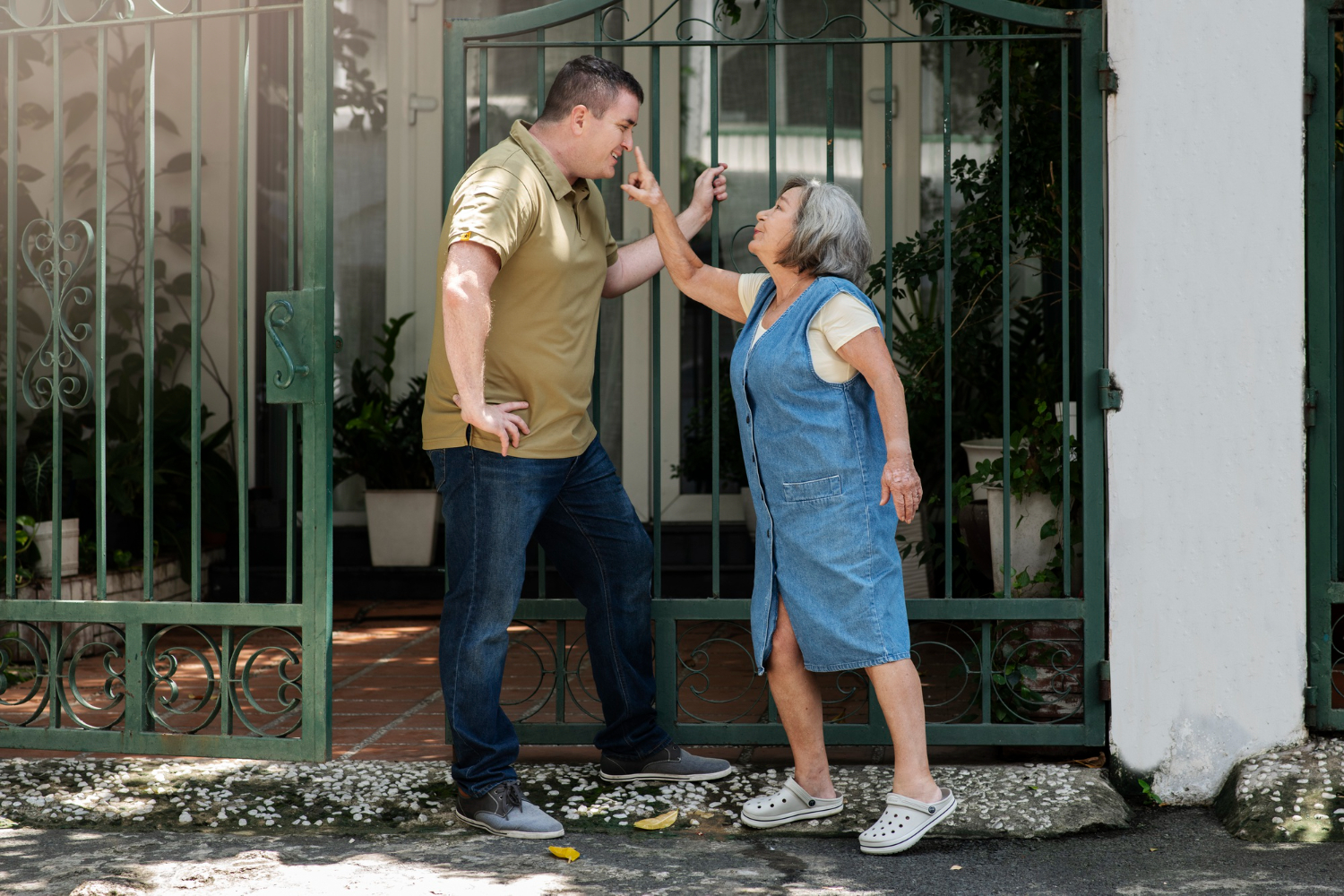Homeowner associations (HOAs) are a common feature of many neighborhoods, but there is often a lack of understanding about how they work and what the rights of both owners and tenants are. This blog post will serve to demystify HOAs, explaining what they are, who is involved, and the rules and regulations that must be followed. Here’s everything you need to know about Homeowners Associations.
What are HOAs
HOAs are like rules for people who own or rent a house. They tell you what you can and cannot do while living there. Everyone needs to know these rules. They are necessary to ensure that everyone in the neighborhood can live in harmony and respect each other’s rights.
Most HOAs have standards of living that must be met by owners and tenants. These include things like noise levels, parking regulations, exterior house maintenance, and landscaping rules. There may also be restrictions on the types of pets allowed in the property.
It is important for everyone living in an HOA-governed community to stay up-to-date on the rules and regulations of that particular association. Many HOAs also have a board of directors or managers, who are responsible for ensuring that these rules and regulations are followed by everyone in the community.
If you break an HOA rule, there may be consequences that range from warnings to fines. Knowing the rules ahead of time is the best way to avoid any penalties.
It’s important to remember that HOAs are meant for everyone’s benefit. Respect for your neighbors and following the rules will help ensure that everyone can enjoy their living space in peace and harmony.

What is an HOAs Involvement in a Community
Homeowners associations (HOAs) are important organizations that exist to regulate and maintain residential properties. The homeowners, tenants, and landlords are all involved in HOAs.
Homeowners play a crucial role as members of the HOA board or participate in meetings, providing input on how the organization should be run. Homeowners must also keep up with HOA rules and regulations, paying their dues on time and staying informed of any changes to the organization. Tenants and landlords must abide by the same rules as homeowners, even if they are not members.
Tenants have an extra responsibility to make sure that their landlord is following all of the HOA rules and regulations. Landlords may be held liable if they fail to follow HOA regulations, and tenants can help ensure that their landlords stay in compliance.
It is important for all involved parties to understand the rules and regulations of the organization in order to maintain peace within the community. Aside from abiding by the rules, residents should be active participants in their local HOAs, attending meetings and offering feedback. This helps strengthen the community and improves relationships between all parties.
By familiarizing themselves with their local HOA, homeowners, tenants, and landlords can ensure that they are compliant and help create a supportive environment for everyone in the community. This knowledge is paramount to having a successful relationship with your local HOA.
What are the Rules and Regulations of an HOA
Homeowners associations (HOAs) are organizations that oversee the rules and regulations for a particular neighborhood. They are responsible for maintaining standards for the community, such as landscaping, building codes, parking, and noise levels. HOAs also handle matters related to disputes among neighbors and often have the authority to levy fines or other sanctions when necessary.
HOAs are typically managed by a board of directors who are elected by the homeowners. The board is responsible for carrying out the rules and regulations set forth in the HOA’s governing documents, such as the covenants, conditions, and restrictions (CC&Rs). It is also responsible for collecting dues from members to cover operating costs and any capital improvements that may be required.
For owners, HOAs provide a level of comfort and security knowing that their neighborhood is being responsibly managed and maintained to certain standards.
Furthermore, since many HOAs are mandatory for homeowners in certain communities, members benefit from the collective bargaining power they possess in terms of managing common areas and services. This can lead to better amenities or lower costs as compared to what homeowners could achieve individually.
For tenants, renting within an HOA governed community means they must adhere to the same rules and regulations as owners. This includes following the CC&Rs as well as any safety and security policies that may be in place.
Failure to do so can result in fines or other sanctions from the board. It is also important for tenants to be aware of any fees that may be associated with renting in an HOA governed community, such as application or transfer fees.

Final Thoughts
Understanding the ins and outs of HOAs can be difficult, but it’s essential for all owners and tenants to know their rights. With a reliable HOA management company like AMC on your side, you won’t have to worry about making mistakes or missing important deadlines.
We understand how busy life can get, so let us help make sure that everything runs smoothly with your HOA. Contact our team today to learn more about how we can assist you in managing your community better!




